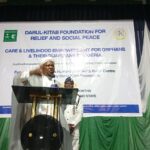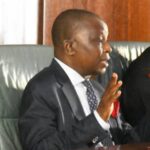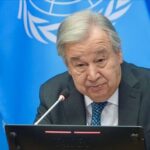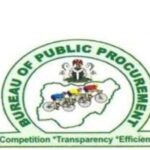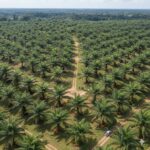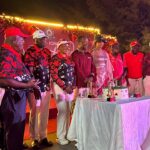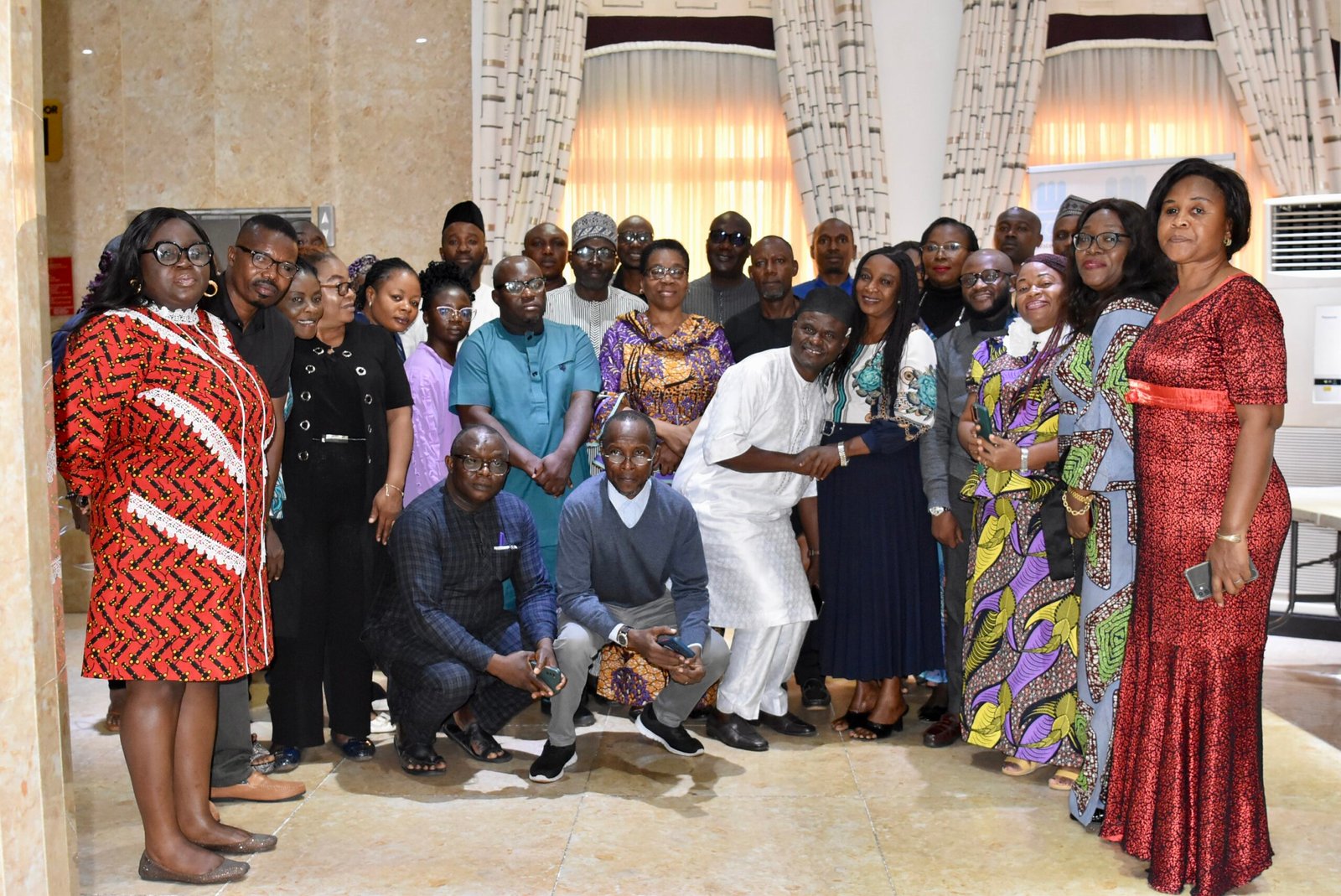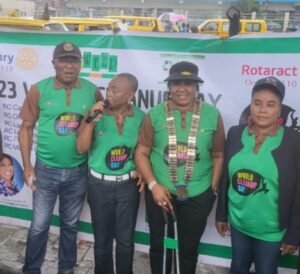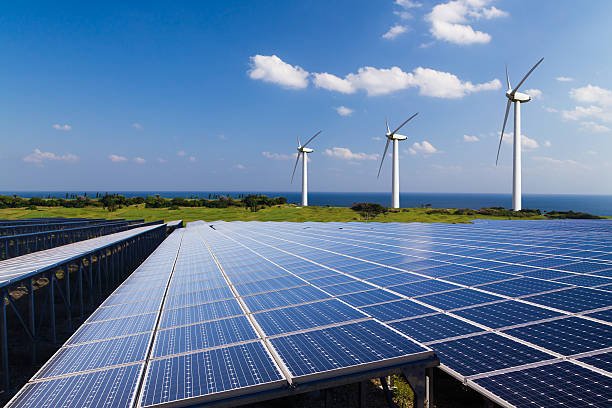Nigeria pledges integrated water management for economic sustainability
By Tosin Kolade The Federal Government has pledged to implement the Integrated Water Resources Management (IWRM) principle to improve the quality and quantity of the nations’ surface and groundwater resources. The Minister of Water Resources and Sanitation, Prof. Joseph Utsev, said this in a news conference in commemoration of theContinue Reading

